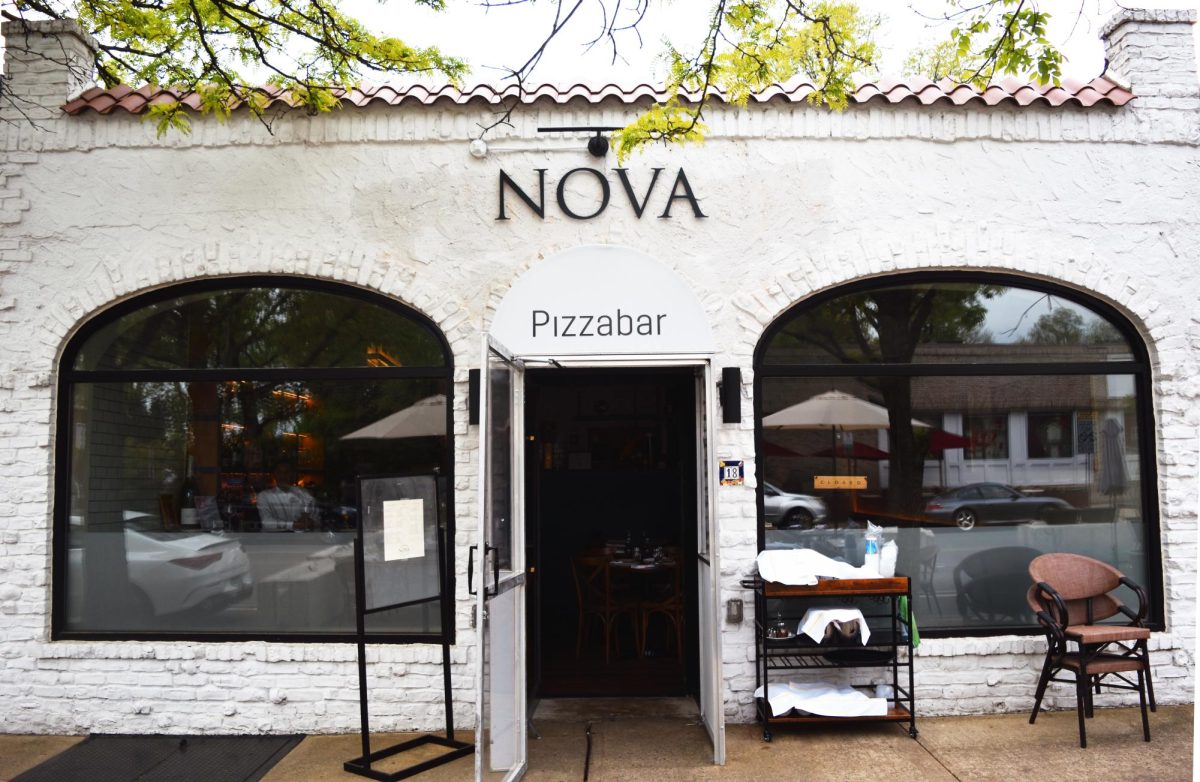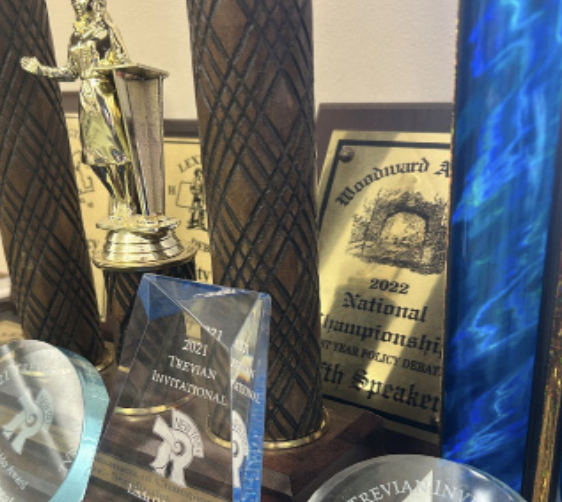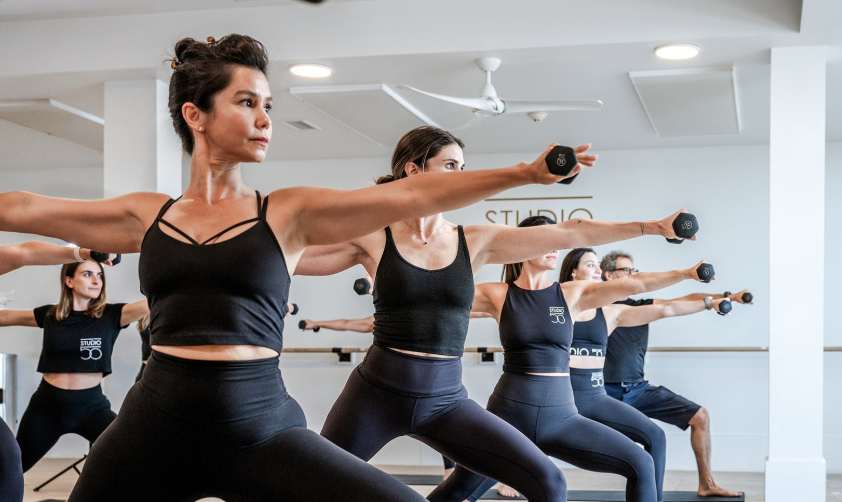With the 2024 Presidential Election approaching, parents and administrators wonder how teachers plan to incorporate current political events in the classroom. There is no requirement for teachers to educate students about the election, and there is no explicit requirement that it be built into their curriculum. How should teachers be approaching this high-stakes election?
There is a lot of gray area in teaching political affairs. Elections are a complex topic and it is hard to distinguish personal political views from fact. Teachers can face heavy criticism if parents and administrators don’t think the topic is being approached properly. However, cultivating civic capacity and encouraging civic engagement among young people is extremely important.
All Social Studies teachers planned to touch on the election ahead of November 5th. The department worked together to create lessons covering various topics, including understanding the Electoral College, media literacy, and activities encouraging students to watch the Presidential and Vice-Presidential debates. Through these lessons, teachers hope to allow students to learn about the electoral process alongside the candidates and their policies.
Nico Malley, who teaches AP Government at MHS, told The Globe about the topics he has been discussing with students. Focusing on the electoral college vs the popular vote, Malley notes that “there have been 5 times in our history where we have elected a president who did not win the popular vote.” He believes that this has been an “interesting topic for my kids as we explored how [electing a president who does not win the popular vote] is possible through the Electoral College.”
He first taught his students about the Electoral College by using a real-world example and connecting it to the lesson’s overall topic. Malley hopes to enable students to develop critical thinking skills through his lessons to look at current events critically on their own; studying the election is an interesting way to infuse this in the classroom.
Journalism and AP Government student Nate Lipton (’25) says the lessons about the election interest him because, as a student, he knows it is “essential to understand the process of electing the President.” Lipton acknowledges that many Americans misunderstand this topic, and he feels the opportunity to learn about the electoral process is crucial as he along with many other MHS students will be eligible to vote in the next election, though some students already can.
With the rapid development in technology and social media, topics discussed in classrooms regarding the election have changed. Social media has given anyone the ability to release false information, which is why, according to Malley, teachers have “put more emphasis on detecting bias, [finding] reliable sources, and [developing] media literacy.”
College Journalism teacher Mary Beth Jordan focuses on the election through a media coverage lens. Jordan says she hopes to teach her students to be “more educated viewers” of the media. She encourages this by having her students research “specific issues” they “expected” to come up in the September 10th debate between Vice President Kamala Harris and Former President Donald Trump. Students also closely studied the debate’s moderators and their role instead of the candidates themselves. Jordan aimed to teach her students about this election from the perspectives of journalists, news outlets and the consumers of that news.
Jordan believes that as a journalism teacher, teaching about this election is necessary because of the specific journalism principles present in this election. Among them are truth, loyalty to the people, and arguably the most important, fact-checking and verification. As a former journalist, Jordan has observed many presidential elections and oversaw the fact-checking staff at the Metropolitan Home Magazine. Still, she stated that she has “never… heard the word ‘fact-checking’ thrown around as much as I have in the last six weeks.” This election cycle’s predominant focus has been the truth of the candidates’ claims and their policies, motivating Jordan to focus her teaching on the media’s role in this.
Lipton notes that in Journalism, the class is focusing on journalism’s role in the election while in AP Government they have been looking at the “campaign trail and financing” of this election and past elections and they have also covered the debate, but more from the “politician’s viewpoint.” The senior feels that this classroom focus on current events has given him a well-rounded understanding of the election process and the candidates.
Many of these lessons allow students to express their opinions while considering other students’ views on what they are learning. Students are involved in small group and whole class discussions about the election, which is vital to developing skills about how to talk about politics and elections in a healthy and productive way.
Educators’ goals in teaching their students about the election have remained similar over time, though the elections they are teaching about have differed.
That goal is for students to discover and consider the various elements of the election process and how media affects that process. Teachers are not trying to educate students on what their political opinions should be; they are trying to educate their students on the process that decides who will represent them for the next four years.
Read the rest of the 2024 Election Special Editon here








